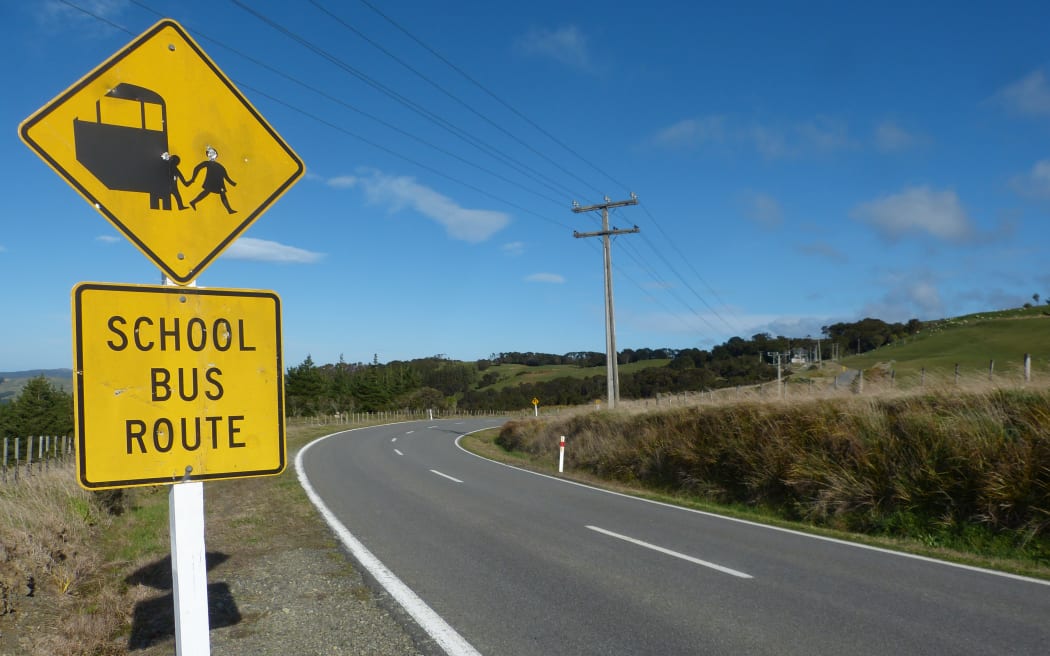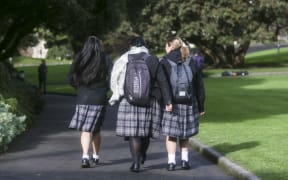
A recently released University of Auckland study found NCEA results and University Entrance rates were about 15 percent lower for rural high school students, compared to their urban counterparts. Photo: RNZ / John Gerritsen
An educational charity is calling on the government to do more to help rural high school students succeed.
It comes on the back of a recently released University of Auckland study, which found NCEA results and University Entrance rates were about 15 percent lower for rural high students, compared to their urban counterparts.
Researchers said rural schools had greater proportions of Māori students from lower socio-economic areas.
Charity NetNZ helps rural schools share resources through online learning with a pool of teachers across the country.
Chief executive Darren Sudlow said rural and area schools had been taking collaborative approaches to tackling isolation issues for years, and better technology had helped it be a great success.
Schools pay to use the not-for-profit service, but Sudlow said virtual learning networks should be brought into Ministry of Education budgets, so they reached more schools and their students.
"We pour money into all sorts of things, and this one is fairly important for rural New Zealand. And it wouldn't actually take much to fund it, especially at a national level," Sudlow said.
He said there was always uncertainty when dealing with the ministry, and a changing government would likely see priorities change too.
But he said a better supported national virtual learning system could improve rural schooling achievement.
"It's something that if it's embedded in the system and is part of how we operate - and it's funded - that would create certainty, and it would make it more secure moving forward," he said.
"It's managed to work and it will continue to do so, it just limits how it can scale and also limits the number of students that can participate.
"Because many schools will look at their budget and go, 'okay, there's only so many students we can put in here', so it could solve much more of the problem than it currently is, if we had it in the system."
The University of Auckland report called for greater funding for rural schools to address the achievement inequities.
A ministry spokesperson said operational and staffing grant funding was calculated by school characteristics like roll size, its type and year levels.
But this year it introduced new equity and isolation indices to better target funding for schools and students in need.
They replace a range of metrics, including the decile system and targeted funding for educational and at-risk schools.
There was $223 million in equity funding allocated this year, of which more than $80 million went to high schools.
The ministry said it would carefully consider recommendations made by the University of Auckland report.






